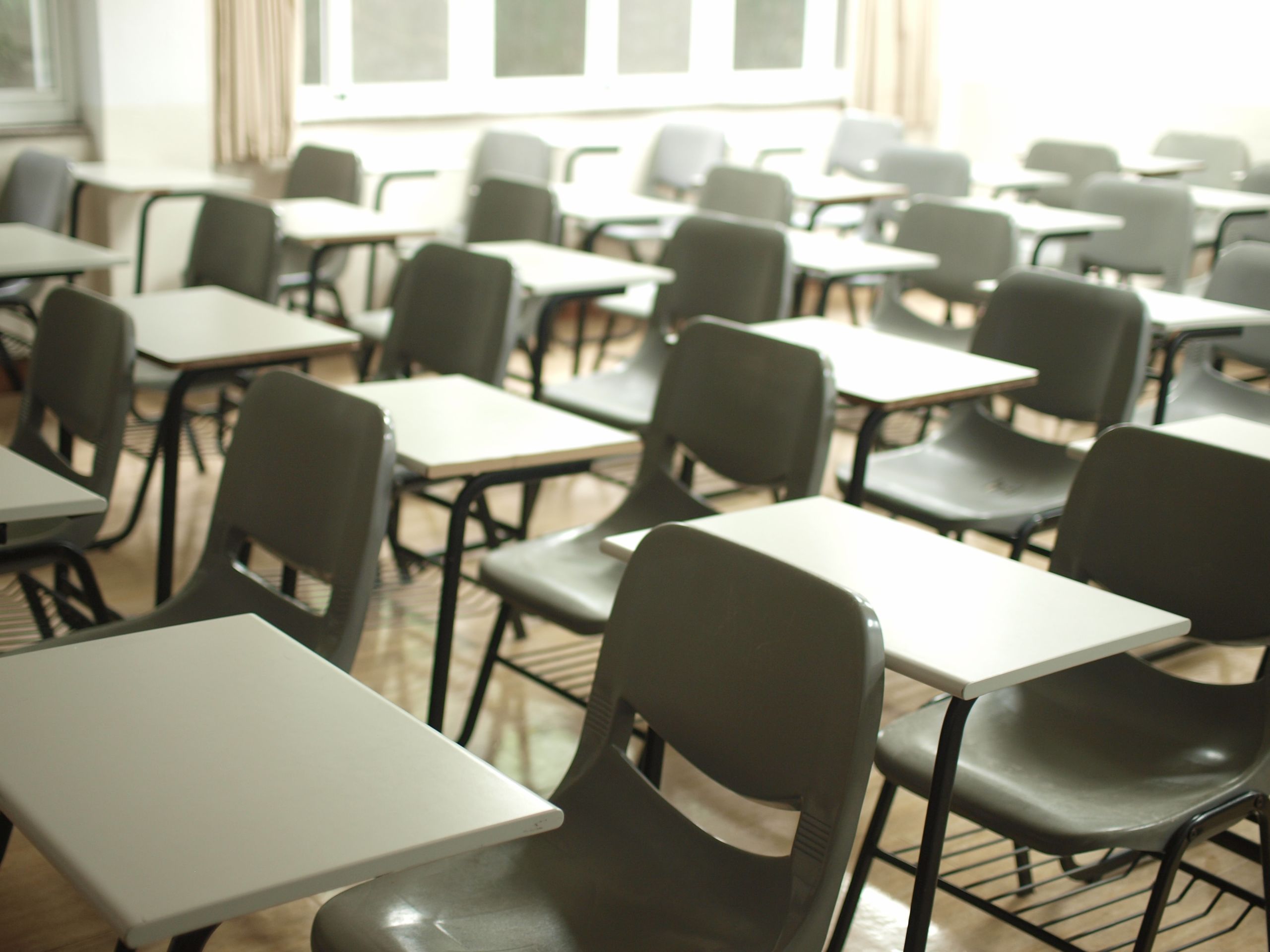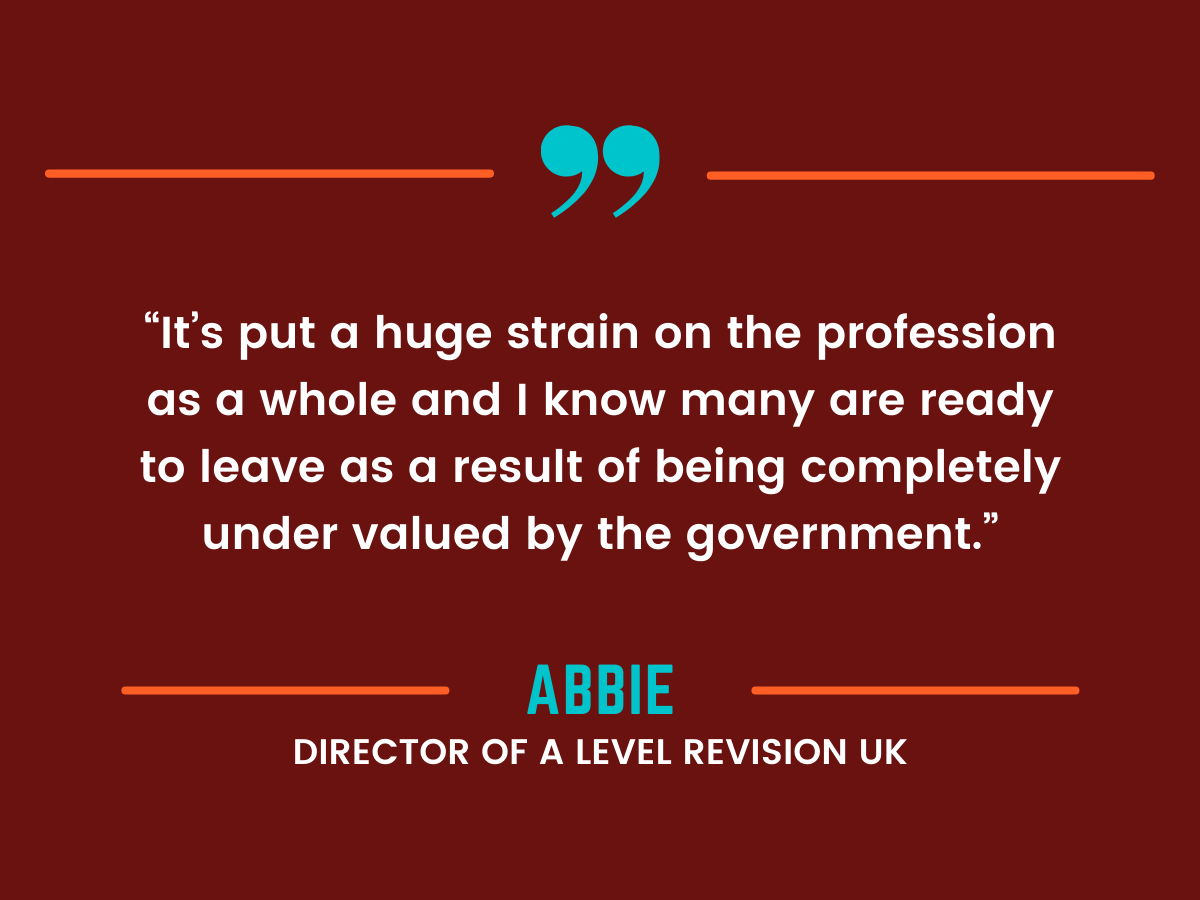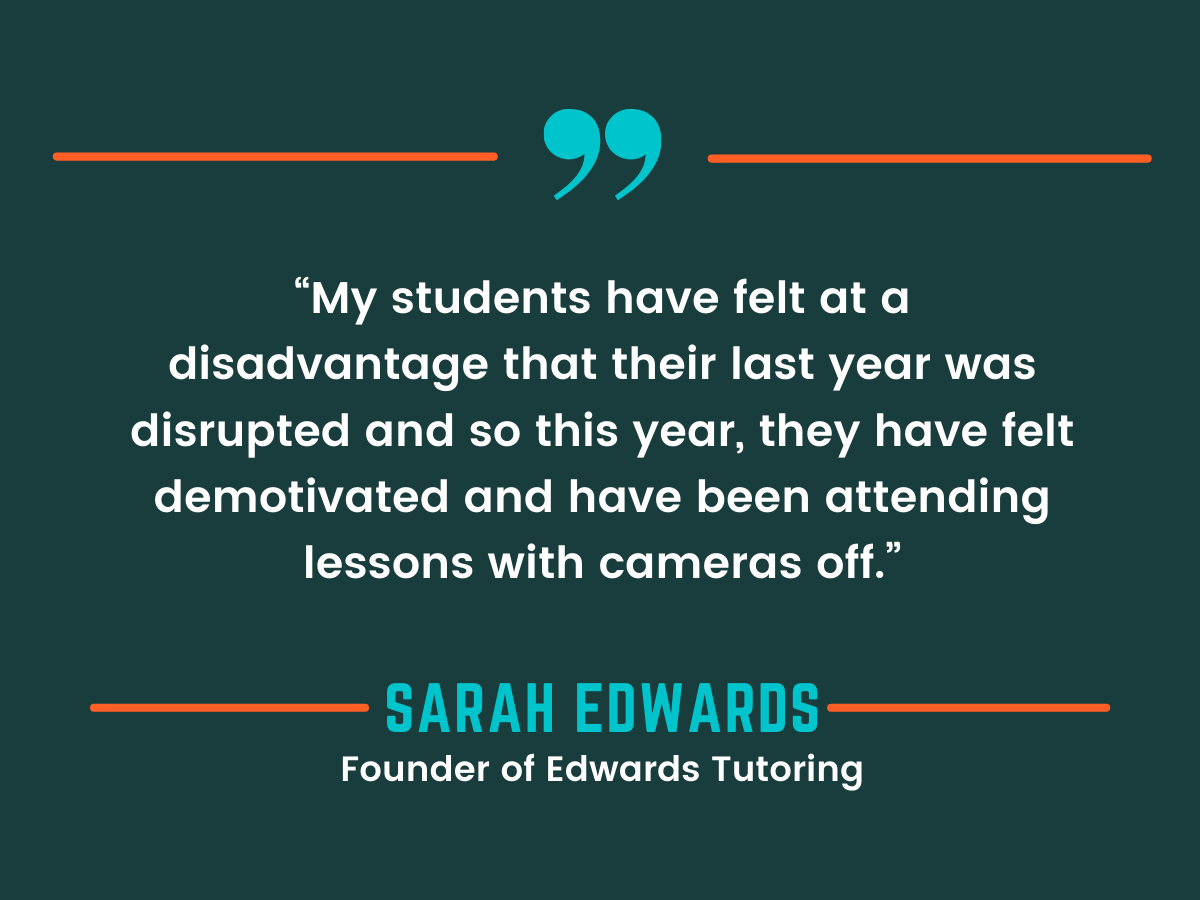Ofqual under fire as grading fiasco continues
Worries about GCSE and A Level grades spike as research shows only 16% of previous predicted grades are accurate.

Exam watchdog Ofqual released guidance for teachers at the end of last week on how to generate GCSE and A Level grades.
However, educational professionals have criticised the guidance for being too open and encouraging inconsistency in grading across schools.
The guidance comes as GCSEs and A Levels have been cancelled for the second year in a row, and final grades are instead decided by teachers.
The grades will be based on a range of evidence collected over the coming months demonstrating students' performances on the subject content which they have been taught.
Today we have confirmed details of exam board quality assurance in our updated guidance for heads of centre and teachers. Find out more here https://t.co/Eq1FvqhUlx pic.twitter.com/B6S9p5Sun4
— Ofqual (@ofqual) April 27, 2021
Blog by Dr Gill Wyness on how she thinks school students could have been examined this year
It's really hard to get across to non-education people how much of a clusterf**k GCSE and A-levels are this year.
— Sam Freedman (@Samfr) May 3, 2021
Teachers are being asked to do a phenomenal amount of entirely pointless work so the Govt can pretend there's some logic behind grades. https://t.co/Jg41okkKYF
Ofqual released guidance on 27th April 2021 on submitting data and evidence for teacher assessed grades: summer 2021.
Dr Gill Wyness, Associate Professor in Economics of Education at UCL, and Deputy Director of the Centre for Education Policy and Equalising Opportunities however, notes that the approach may have similar results to controversial predicted grades of the past:
“Teachers have to base their judgement on students' performance on a range of evidence, which could include mock exams, coursework, as well as other assessments done in class.
“The criteria is quite open so teachers can decide themselves which types of assessment to use.
“The lack of standardization in the approach leaves open the possibility that grades will be awarded inconsistently across settings.”
Sam Freedman, former Executive Director of Teach First, and Senior Policy Advisor at the Department for Education, described the grading system as a '"clusterf**k" on Twitter.
When asked to elaborate by South West Londoner he explained: "The basic problem is that schools are allowed to use pretty much any method they want to generate evidence of the grades.
"Ofqual is then insisting evidence for grades is sent to the exam boards who are supposed to moderate a sample.
"But what are they moderating against? And how are they supposed to compare completely different forms of assessment done in entirely inconsistent ways?
"It can't be done."
An official Ofqual spokesperson said: "Exam boards are supporting schools to make sure that their approach to grading is consistent, and there are quality assurance arrangements in place.
"For instance, each grade for a subject must be signed off by at least 2 teachers in that subject, one of whom should be the head of department or subject lead.
"The head of centre is required to confirm that the grades are a true representation of student performance.
"For more measures, the Joint Council for Qualifications has published guidance for schools and colleges, and we have published guidance on how to make objective judgements."
What happened last year?
In August 2020, thousands of A Level students across England and Wales received their exam results.
However, since exams in 2020 had also been cancelled due to the ongoing coronavirus pandemic, grades were instead decided by an Ofqual created algorithm.
Almost 40% of students ended up receiving lower grades than expected and some ended up being rejected from their chosen university course.
Four days later, the Government u-turned and decided to award grades estimated by teachers instead.
By then the damage had been done, and many discovered they would have to take an unexpected gap year less than one month before they had expected to start university.
“We now believe it is better to offer young people and parents certainty by moving to teacher assessed grades for both A and AS level and GCSE results.” Education Secretary @GavinWilliamson
— Department for Education (@educationgovuk) August 17, 2020
After an extraordinarily difficult year for students, this news will provide certainty. pic.twitter.com/s7Dqu20ott
What are predicted grades? Clip from episode 7 season 1 of Who cares about Research?
This year the Government has chosen to award grades estimated by teachers, in a move similar to predicted grades of the past.
Predicted grades have had a problematic reputation in their 50 year history.
A report by Wyness and her colleague Dr Richard Murphy, found that only 16% of applicants achieve the A Level grade points that they were predicted by their teachers, based on their best three A Levels.
Alongside this, 75% of students received predictions that were over-inflated.
However, among the highest achieving students, those from disadvantaged backgrounds received predicted grades that were lower than those from more advantaged backgrounds.
Dr Gill Wyness discusses this research in full on Who cares about Research?.
An official Ofqual spokesperson said: “UCAS predicted grades are different from teacher assessed grades based on evidence.
"Predictions for universities are given at the beginning of the second year, so there is quite a lot of learning time still to happen. They are also made in a slightly different spirit.
"Our evaluations of 2020 awarding found no evidence that either the calculated grades or the final grades awarded in 2020 were systematically biased against candidates with particular protected characteristics or from disadvantaged backgrounds."
How do teachers feel?
Abbie, a teacher and director of a private tutoring company, said: “The government said exams were cancelled but they haven’t been at all, they have just been dressed up as teacher assessments.
“Teachers are stretched already teaching busy timetables with little time to plan. Many are now marking tests very late into the evenings to meet the requirements of the new assessments with no overtime as that doesn’t exist in teaching.
“It’s put a huge strain on the profession as a whole and I know many are ready to leave as a result of being completely under valued by the government.”
A maths teacher from London, who does not wish to be named, says that there is a danger schools will carry out too many tests to collect evidence, which will impact students negatively.
They said: “These tests cause anxiety among students and a lot of stress. It will be seen as a never-ending procedure.
“As a teacher, I’m most worried about students losing focus due to these ongoing assessments.”
Dr Wyness however, suggests that the opposite could also be an issue.
“It's possible on the other hand that some schools might not carry out enough exams.
“It is the lack of consistency that is being allowed here that concerns me.
“Ofqual should have designed a system that allowed students to sit externally marked tests.
“There were possible ways to do this, such as offering lots of optionalities so that students only needed to answer the questions on curricula they had learned.”


How about the students?
Sarah Edwards is a private tutor specialising in psychology and criminology.
She has seen an increase in tutoring sign-ups since the announcement that GCSEs and A Levels would be cancelled this year.
Edwards explains: “My students have felt at a disadvantage that their last year was disrupted and so this year, they have felt demotivated and have been attending lessons with cameras off.
“Their learning has been disrupted yet they are still expected to perform the same. There are still the same pressures to get into university.
“I think the increase in tutoring sign-ups is driven by these pressures, and concerns from parents that their child is falling behind.”
The pressure on students is not only impacting their work, but also their well-being.
Edwards' background in psychology and working as a probation officer has helped her identify why a lack of good mindset and motivation can leave students feeling overwhelmed and overworked.
“I’m seeing an increasing number of students experiencing high stress, depression, and demotivation.
“I say to any student, just getting through the lockdown is hard enough, so the added pressure to then have to do well in all these mini-tests is unnecessary and causing a lot of students to feel overwhelmed.”
Freedman is also concerned about the possible impact on students.
He said: "It's all theatre designed to make people feel like the grades are fair.
"But the kids at school doing more rigorous assessments will ultimately lose out."
